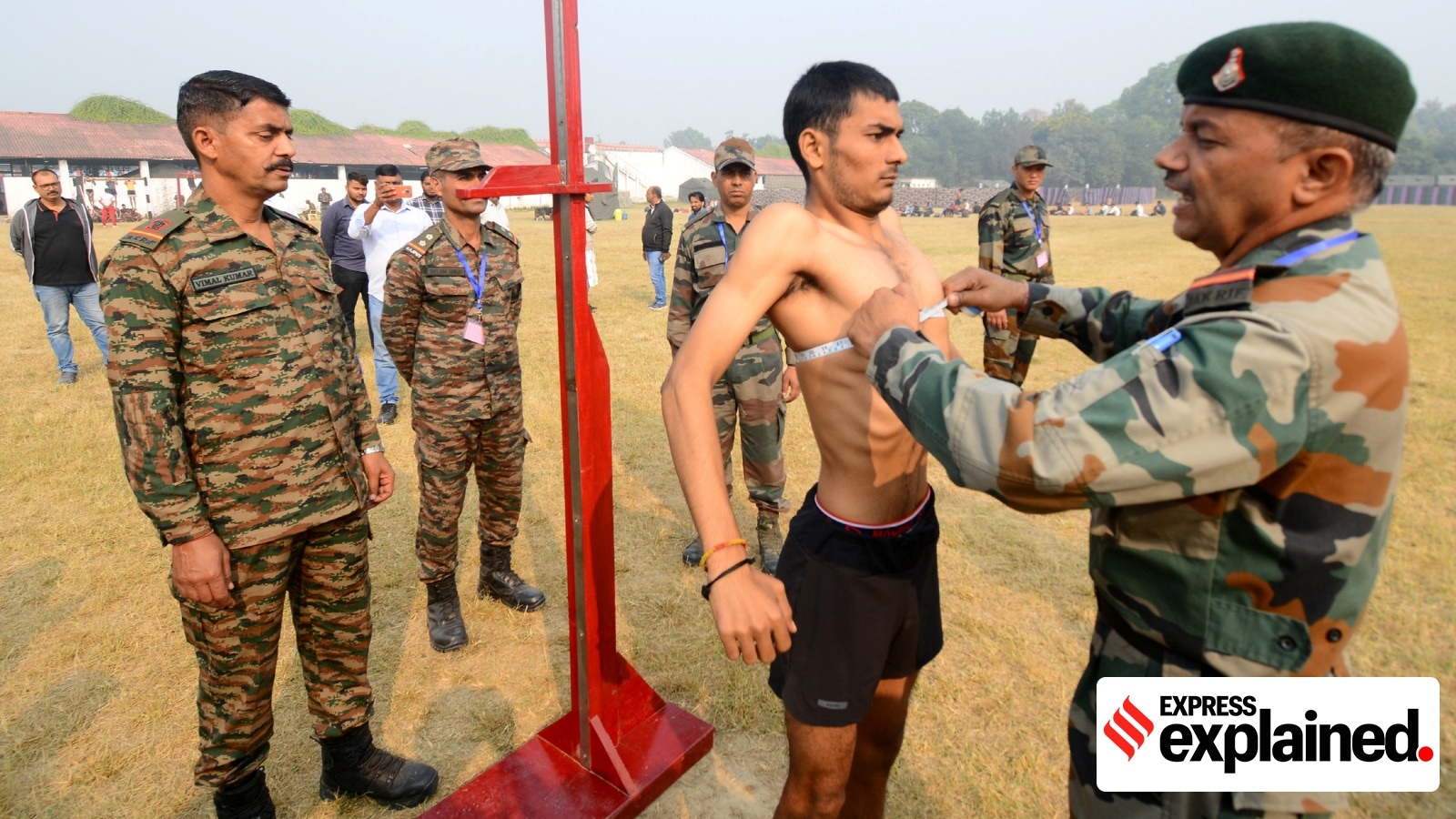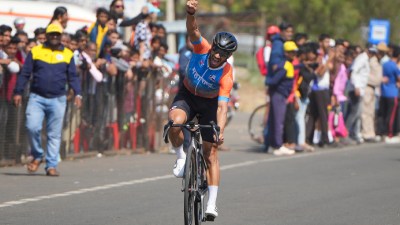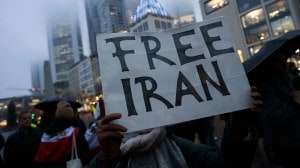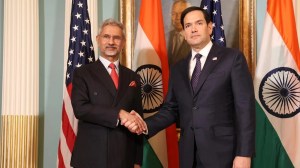Earlier this week, Leader of Opposition in Lok Sabha Rahul Gandhi alleged that the family of Agniveer Ajay Kumar, who was killed in a landmine blast in January, did not receive financial assistance from the government.

Late on July 3, the Army issued a statement saying the family of the Agniveer would receive a compensation of Rs 1.65 crore, and that “emoluments due to a fallen hero are paid expeditiously” to their next of kin, including of Agniveers.
Government sources said the Rs 1.65 crore include Rs 48 lakh and Rs 50 lakh as insurance from the central government and from financial institutions under an MoU respectively; an additional sum of Rs 39,000; Rs 44 lakh as ex gratia; Rs 8 lakh from the Army welfare fund; Rs 13 lakh as balance of pay until completion of tenure; and Rs 2.3 lakh as Seva Nidhi, the contributory scheme that Agniveers are entitled to.
The Army said Rs 98.39 lakh had already been paid to the fallen Agniveer’s family.
Insurance and ex gratia
This is how the systems of compensation for battle casualties among Agniveers and regular soldiers work.
Deaths of regular soldiers are classified into five categories — A to E — while those of Agniveers are put in three categories — X, Y, and Z.
Story continues below this ad
Category A (for regular soldiers) and category X (for Agniveers) deaths are neither attributable to, nor aggravated by military service.
Deaths placed in categories B and C are attributable to and aggravated by military service, and include accidents on duty. For Agniveers, these deaths are placed in category Y.
Category Z — D and E for regular soldiers — includes deaths in acts of violence, natural calamities, enemy action, border skirmishes, and war-like situations.
INSURANCE: All regular soldiers contribute Rs 5,000 per month towards the Army Group Insurance Fund which insures them for Rs 50 lakh. Agniveers are insured for Rs 48 lakh, but they make no contribution from their salary towards the premium for this insurance.
Story continues below this ad
The sum insured is paid to all soldiers and Agniveers irrespective of the cause of death.
The services have signed Memorandums of Understanding (MoUs) with the banks where the salaries of all defence personnel, including Agniveers, are credited under the defence salary package. These personnel are insured by the banks for various amounts as per the banks’ policies.
EX GRATIA: A sum of Rs 44 lakh has been earmarked as ex gratia for Agniveers whose deaths are attributable and aggravated by military service, or occur during operations.
The ex gratia for a regular soldier can be Rs 25 lakh, Rs 35 lakh or Rs 45 lakh, depending on the nature of the casualty.
Story continues below this ad
Deaths, either of Agniveers or of regular soldiers, which are neither attributable to nor aggravated by military service are not eligible for any ex gratia.
The ex gratia from state governments varies from zero to Rs 1 crore, depending on the state. This is applicable to both Agniveers and regular soldiers who either die or suffer disabilities on duty.
IN ADDITION: Agniveers and regular soldiers are given Rs 8 lakh in case of death in operations and Rs 2.5 lakh in case of death due to any other reason.
Seva Nidhi for Agniveers
Seva Nidhi is a contributory scheme applicable only to Agniveers. For those whose deaths are neither attributable to nor aggravated by military service, get the amount accumulated till the date of death, along with the government’s contribution and interest.
Story continues below this ad
Agniveers who die while on duty or in operations get the full pay for the unserved period up to four years, including the Seva Nidhi component.
Only for regular soldiers
Some benefits are exclusive to regular soldiers. Gratuity and monthly family pension, which is a substantial amount, are available only to regular soldiers.
Death gratuity of 15 days’ pay for every completed year of service or part thereof, subject to a maximum of Rs 25 lakh. This amount was recently revised from Rs 20 lakh after the Dearness Allowance (DA) crossed 50%.
Families of soldiers who die due to reasons neither attributable to, nor aggravated by military service get ordinary family pension, which is 50% of the last pay drawn for up to 10 years, and 30% thereafter.
Story continues below this ad
In case of deaths that are attributable to military service, a special family pension, which is 60% of the soldier’s last pay, applies. For soldiers killed in operations, a liberalised family pension, which 100% of the last pay, is given to the family. Liberalised family pensions are tax-free.
These pensions are revised as per the system of One Rank One Pay (OROP) and Pay Commission recommendations. The DA component is also added to the pensions.
Children of soldiers who die due to operational reasons are eligible for a children’s education allowance which is equal to the cost of school/ college fees and books till graduation. Transportation, hostel charges, and uniform costs are also included.
For other than battle casualties, an educational scholarship varying from Rs 10,000 per annum for Class 1 to Rs 50,000 per annum for professional courses is given. Wives of such soldiers are also entitled to Rs 20,000-50,000 per annum for graduation and professional courses.
Story continues below this ad
The families of regular soldiers are entitled to benefits of the Ex-Servicemen Contributory Health Scheme (ECHS), a centrally-funded scheme along the lines of CGHS to provide medical care to armed forces pensioners and their families.








































